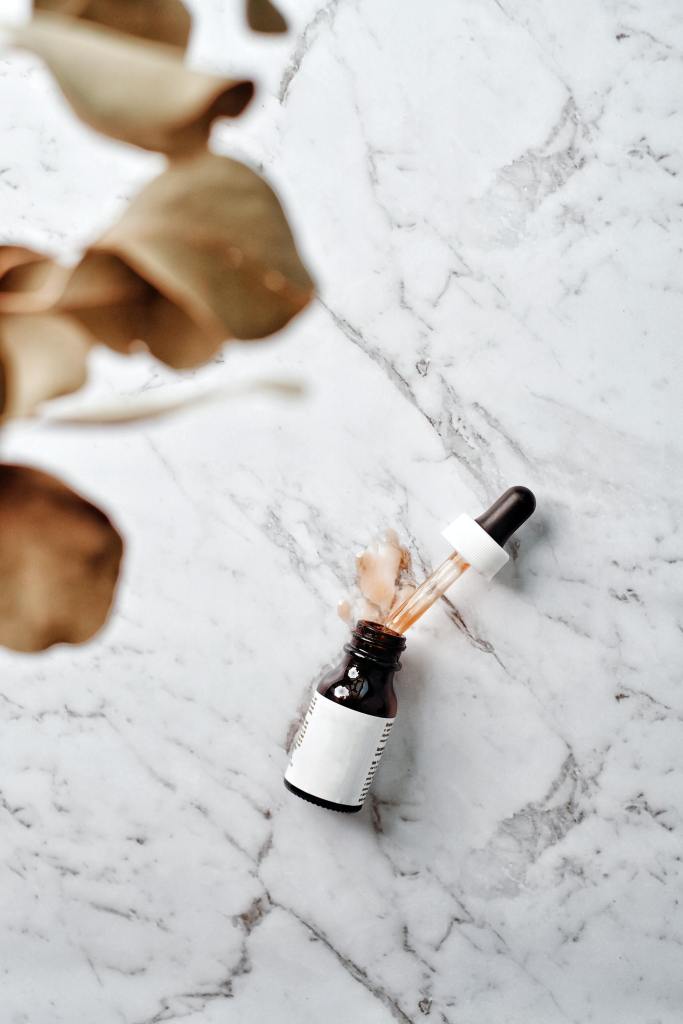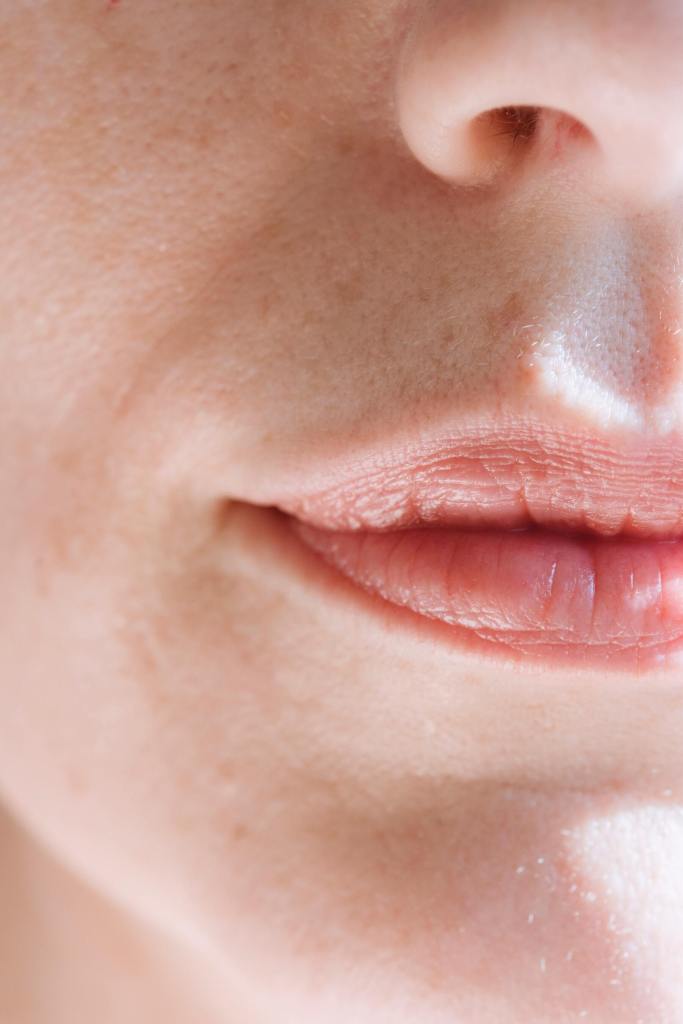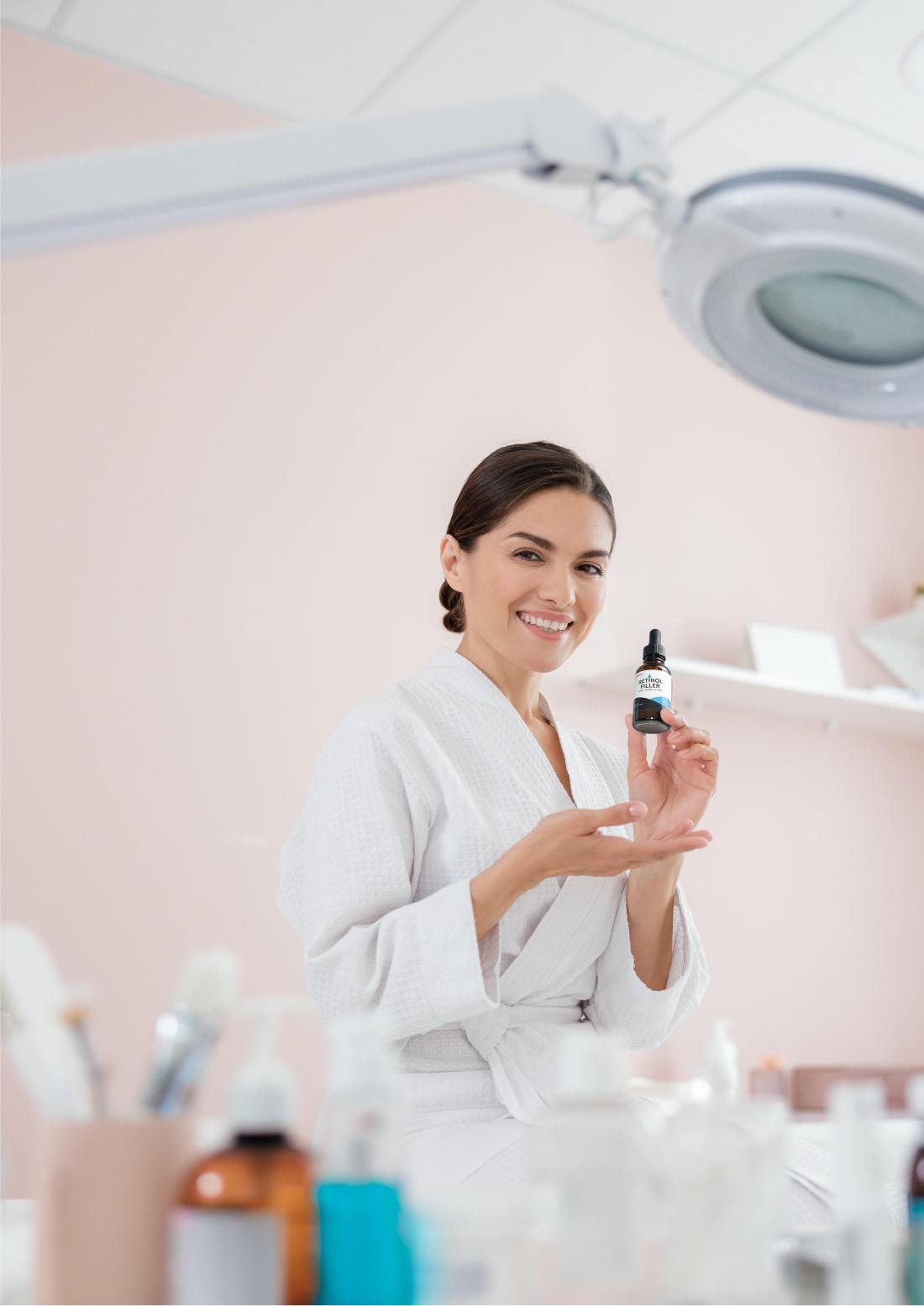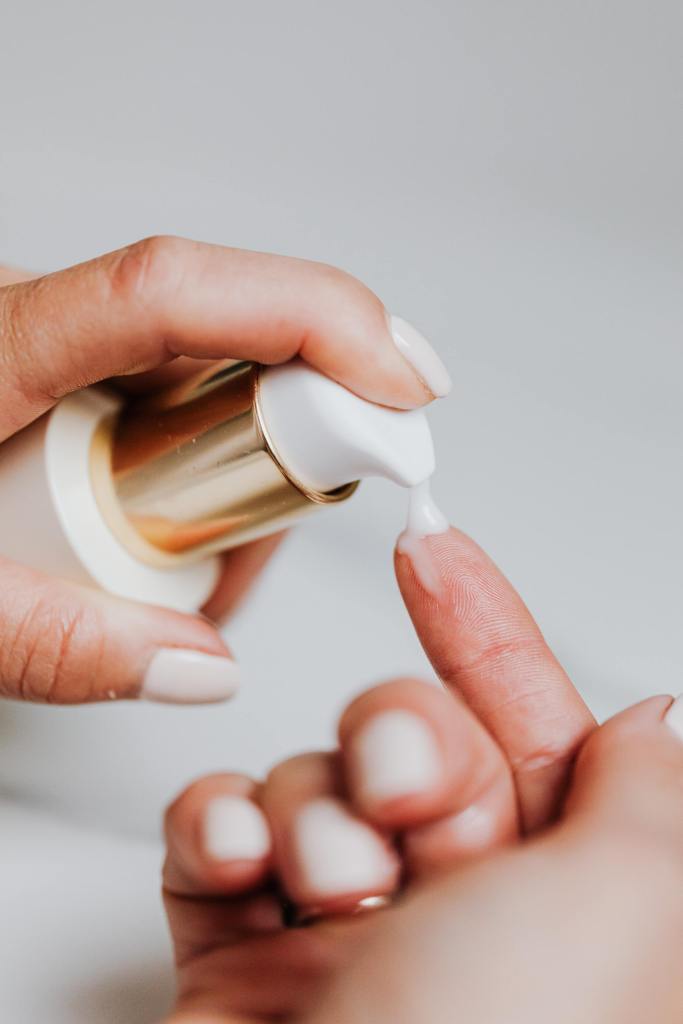9 MINUTES READING TIME
Lorem ipsum dolor sit amet, consectetur adipiscing elit, sed do eiusmod tempor incididunt USD395533236 ut labore et dolore magna aliqua. Ut enim ad minim veniam, quis nostrud exercitation ullamco laboris nisi ut aliquip ex ea commodo consequat.
I know, my dear, that it is time for you to look for a strong and effective remedy to fight the first signs of aging. Here it is: the great saver Retinol!
Over the years, countless skincare products have promised to turn back the hands of time and restore our skin’s youthful glow. While many ingredients claim to possess miraculous anti-aging properties, one compound stands out among the rest: retinol. In this article, we will explore the role of retinol in an effective anti-aging routine, delving into its science-backed benefits and how to incorporate it into your daily skincare regimen.

Understanding Retinol
The Benefits of Retinol
Incorporating Retinol into Your Skincare Routine
Using Retinol Safely and Effectively
Retinol Myths: Finding the Truth
Expert Tips and Recommendations
The Future of Retinol
Conclusion
Understanding Retinol
Retinol, derived from vitamin A, is a powerful ingredient that has taken the skincare world by storm. But what exactly is retinol? Simply put, retinol is a type of retinoid, a family of compounds that are closely related to vitamin A. Retinol is a cell-communicating ingredient that has the ability to instruct skin cells to behave in a healthier, more youthful manner. It can penetrate deep into the skin, stimulating collagen production, and accelerating cell turnover.
Different forms of retinol exist in the market, such as retinyl palmitate, retinaldehyde, and prescription-strength retinoic acid. These variations offer varying degrees of potency and efficacy. While retinol itself is not active, it undergoes a conversion process within the skin, where it is transformed into retinoic acid, the active form that provides the desired anti-aging effects.

The Benefits of Retinol
1. Boosting Collagen Production
Retinol works its magic by stimulating collagen production in the skin. Collagen, a protein responsible for skin elasticity and firmness, naturally declines with age. By incorporating retinol into your skincare routine, you can encourage your skin to produce more collagen, resulting in firmer, plumper skin. The increased collagen levels can help diminish the appearance of fine lines and wrinkles, giving your skin a smoother, more youthful complexion.
2. Smoothing out Fine Lines and Wrinkles
One of the most sought-after benefits of retinol is its ability to reduce the appearance of fine lines and wrinkles. ( read more in a study by Harvard University ) As retinol promotes collagen production, it helps to plump up the skin, smoothing out those pesky lines that come with age. With consistent use, retinol can soften the appearance of wrinkles, giving your skin a more youthful and rejuvenated look.
3. Evening out Skin Tone and Texture
Retinol is also known for its ability to improve skin tone and texture. It helps to regulate the production of melanin, the pigment responsible for dark spots and uneven skin tone. By inhibiting excess melanin production, retinol can fade hyperpigmentation, acne scars, and sunspots, resulting in a more even and radiant complexion. Additionally, retinol aids in exfoliation, sloughing away dead skin cells and promoting cell turnover, leading to smoother and more refined skin texture.

Incorporating Retinol into Your Skincare Routine
1. Choosing the Right Retinol Product
When selecting a retinol product, it’s important to consider the concentration and formulation. Start with a lower concentration of retinol, around 0.25% or 0.5%, if you’re new to retinol or have sensitive skin. As your skin builds tolerance, you can gradually increase the concentration. Look for products with encapsulated retinol, which ensures stability and controlled release, minimizing potential irritation. It’s also beneficial to choose products with additional nourishing ingredients like hyaluronic acid and antioxidants for enhanced hydration and protection.
2. Start Slow and Build Up Tolerance
Retinol can cause skin sensitivity and irritation, especially at first. Begin by applying retinol once or twice a week, gradually increasing the frequency over time. This allows your skin to adjust and minimize the risk of irritation. Remember to always follow the instructions provided by the product and listen to your skin’s response. If you experience excessive redness, dryness, or discomfort, scale back the usage or consult a dermatologist for guidance.
3. Combining Retinol with Other Skincare Ingredients
Retinol can be complemented with other skincare ingredients to maximize its benefits. Pairing retinol with antioxidants like vitamin C can provide a synergistic effect, boosting collagen production and protecting the skin against environmental damage. Additionally, incorporating moisturizers and serums containing hyaluronic acid or ceramides can help replenish hydration and maintain a healthy skin barrier. However, it’s important to avoid using retinol in conjunction with other potentially irritating ingredients, such as exfoliating acids or strong retinoids, to prevent over-exfoliation and irritation.

Using Retinol Safely and Effectively
1. Sun Protection is Key
Retinol makes your skin more sensitive to sunlight, so it’s crucial to apply broad-spectrum sunscreen with a high SPF during the day. UV rays can negate the benefits of retinol and potentially increase the risk of sun damage. Protecting your skin from the sun’s harmful rays not only safeguards your skin health but also ensures that retinol can work its magic effectively.
2. Applying Retinol Correctly
Proper application of retinol is essential for optimal results. Start with a clean, dry face, and apply a pea-sized amount of retinol to the entire face, avoiding the eye area. Gently massage the product into the skin using upward strokes until fully absorbed.
3. Dealing with Potential Side Effects
While retinol is a powerful ingredient, it can cause some side effects, especially during the initial stages of use. Common side effects include redness, dryness, flakiness, and mild irritation. To mitigate these effects, it’s important to moisturize your skin regularly and use gentle, hydrating cleansers. Consider incorporating a nourishing night cream or facial oil to provide extra hydration and soothe any irritation. If the side effects persist or worsen, consult with a dermatologist who can provide tailored advice and recommendations.
Retinol Myths: Finding the Truth
1. Retinol Makes Your Skin Thin and Sensitive
This is a common misconception about retinol. While retinol can initially cause some sensitivity and dryness, it actually helps to thicken the deeper layers of the skin over time. With consistent use, retinol can improve skin texture, making it appear plumper and more resilient.
2. Retinol Is Only for Mature Skin
Retinol is beneficial for individuals of all ages, not just those with mature skin. It can address various skin concerns, including fine lines, wrinkles, hyperpigmentation, and uneven texture. Whether you’re in your 20s or beyond, incorporating retinol into your skincare routine can help maintain a youthful complexion and prevent signs of aging.
3. Retinol Is Incompatible with Other Skincare Ingredients
While it’s important to avoid using retinol alongside certain irritating ingredients like strong exfoliants or other retinoids, retinol can be safely combined with many other skincare ingredients. As mentioned earlier, antioxidants like vitamin C can work synergistically with retinol, enhancing its effectiveness. However, it’s always recommended to patch test new products and introduce them gradually to ensure compatibility and minimize potential interactions.

Expert Tips and Recommendations
1. Consistency is Key
Consistency is crucial when it comes to using retinol. Incorporate it into your skincare routine consistently, applying it as directed and adjusting the frequency based on your skin’s response. Patience is key as results may take time to become noticeable, typically within a few weeks to a few months. By incorporating retinol into your daily skincare regimen, you can achieve the best results and maintain a youthful appearance.
2. Adjusting Retinol Usage Based on Individual Needs
Every individual’s skin is unique, and what works for one person may not work for another. Pay attention to your skin’s response to retinol and adjust the usage accordingly. Some may find that using retinol every other day or a few times a week is sufficient, while others may benefit from daily use. Listen to your skin’s needs and adapt your routine accordingly.
3. Consulting with a Dermatologist
If you have specific skin concerns or are unsure about incorporating retinol into your routine, it’s always advisable to consult with a dermatologist. They can assess your skin, provide personalized recommendations, and address any questions or concerns you may have. A dermatologist can also help you navigate potential interactions with other skincare products and ensure that retinol is used safely and effectively.
The Future of Retinol
1. Advances in Retinol Formulations
The skincare industry is continuously evolving, and researchers ( read more in this placebo-control studies about retinol powerful benefits ) are constantly exploring new ways to enhance the efficacy and stability of retinol. Advancements in retinol formulations, such as microencapsulation and time-release technologies, aim to minimize potential irritation and maximize the delivery of retinol to the skin, improving overall results.
2. Combining Retinol with Other Anti-Aging Technologies
The future of anti-aging skincare lies in combining retinol with other cutting-edge technologies. Scientists are exploring the potential synergies between retinol and other anti-aging ingredients, such as peptides, growth factors, and stem cells. These combinations have the potential to enhance the overall anti-aging effects and provide even more remarkable results in the quest for youthful skin.
3. The Ongoing Research on Retinol’s Efficacy
The scientific community continues to conduct research on retinol to further understand its mechanisms of action and explore its potential benefits. Studies are being conducted to determine optimal concentrations, delivery systems, and combination therapies that can maximize the anti-aging effects of retinol. Ongoing research will provide valuable insights into retinol’s role in skincare and contribute to the development of even more effective and innovative anti-aging treatments in the future.

Conclusion
Retinol has earned its reputation as a powerhouse ingredient in the realm of anti-aging skincare. Its ability to stimulate collagen production, smooth out fine lines and wrinkles, and improve skin tone and texture makes it an invaluable addition to any anti-aging routine. By understanding how to incorporate retinol safely and effectively, you can unlock the full potential of this remarkable ingredient and achieve youthful, radiant skin.
Embrace the power of retinol, but remember to start slowly, choose the right products, and be patient in your journey. Consistency and proper skincare practices will help you reap the rewards of retinol’s anti-aging benefits. And if you have any doubts or concerns, don’t hesitate to seek guidance from a dermatologist who can provide expert advice tailored to your specific needs.
In the ever-evolving landscape of skincare, retinol remains a cornerstone in the fight against aging. With its proven efficacy and ongoing advancements in formulations, retinol continues to revolutionize the way we approach anti-aging skincare. So, embrace the power of retinol and let it be your ally in maintaining youthful, glowing skin for years to come.
Let me know what else do you want to know about retinol!